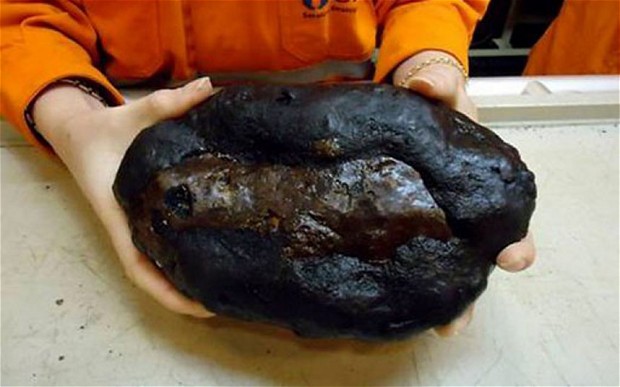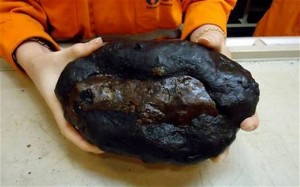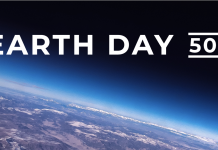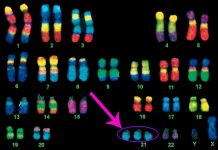The legend of Atlantis, a sunken island thought to have once lay between Africa and South America, has been the subject of literary myths for centuries.
Geologists have announced the discovery of what has been dubbed the ‘Brazilian Atlantis’, some 900 miles from Rio.
But geologists in Brazil have now added their claims to speculation over the precise location of the mysterious land mass, mentioned first by Plato in around 360BC.
Working with scientists from Japan, experts believe they have found evidence of a continent that disappeared after Africa and South America separated, 900 miles from the coast of Rio de Janeiro.
The discovery of granite, a rock formed on dry land, was announced by the Geology Service of Brazil (CPRM) as a sign of a lost continent.
“This could be Brazil’s Atlantis,” said CPRM geology director Roberto Ventura Santos. “We are almost certain, but we need to strengthen this hypothesis.”
The material was reportedly found more than 8,000 feet beneath the sea in a region known as the Rio Grande Elevation.
It was discovered last year when geologists dredged the seabed. Underwater observations from Japan’s £84 million manned mini-sub Shinkai 6500 yielded more reports of granite formations last month.
“It is unusual because it is granite rock,” Mr Santos told Brazilian newspaper Estadao. “And you don’t find granite on the seabed. It is more usual to find it on the mainland.”
Hiroshi Kitazato, the Japanese researcher who led the work for the Japan Agency for Marine-Earth Science and Technology (JAMSTEC), said the region was of interest to researchers.
“This is the region that has been least explored worldwide,” he said. “So, we believe it is very important to research it. Previously, the Shinkai carried out expeditions closer to Japan, the Indian and the Pacific Ocean.”
The current thinking on the findings is that the land is continental crust but further confirmation is needed. Scientists are now expected to drill for more samples later this year.
“We speak of Atlantis more in terms of symbolism,” Mr Santos added. “Obviously, we don’t expect to find a lost city in the middle of the Atlantic.
“But if it is the case that we find a continent in the middle of the ocean, it will be a very big discovery that could have various implications in relation to the extension of the continental shelf.” (AFP-photo)













